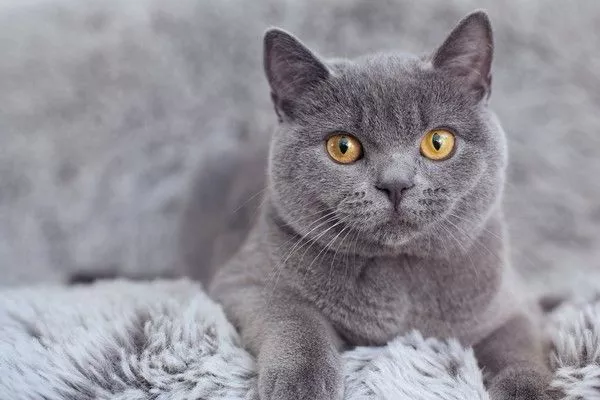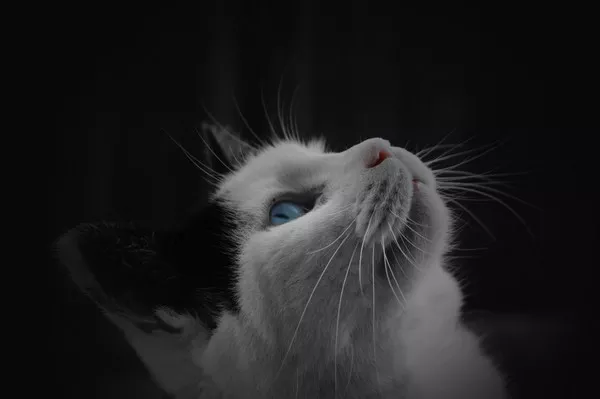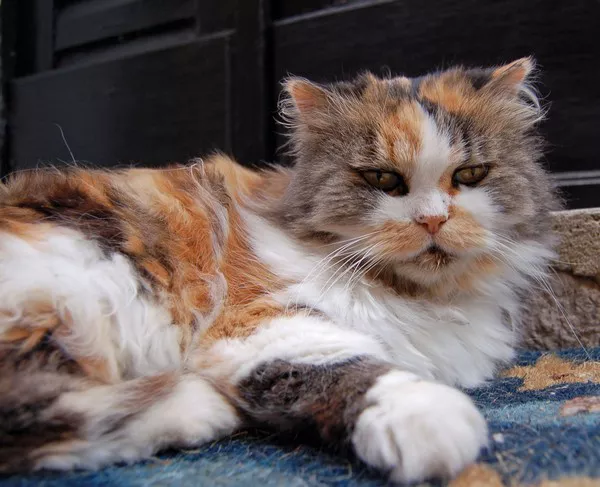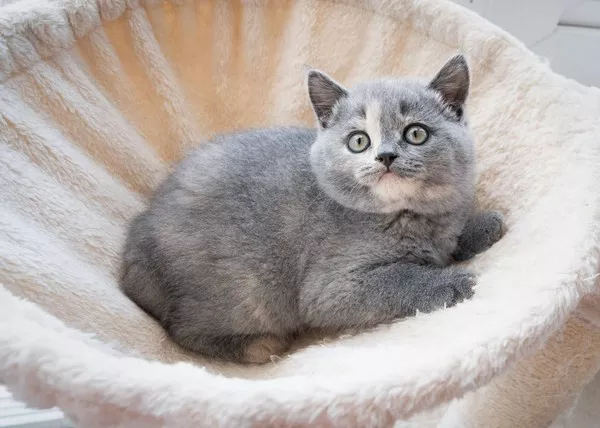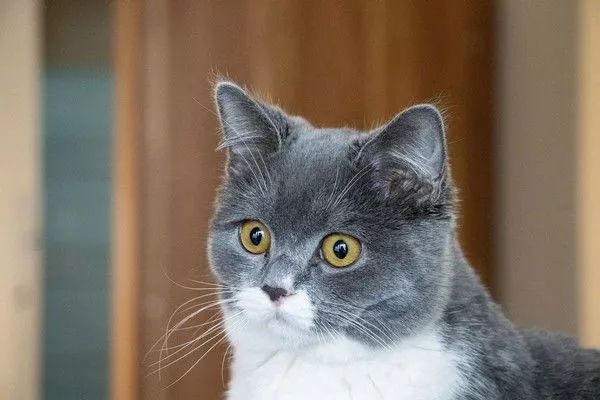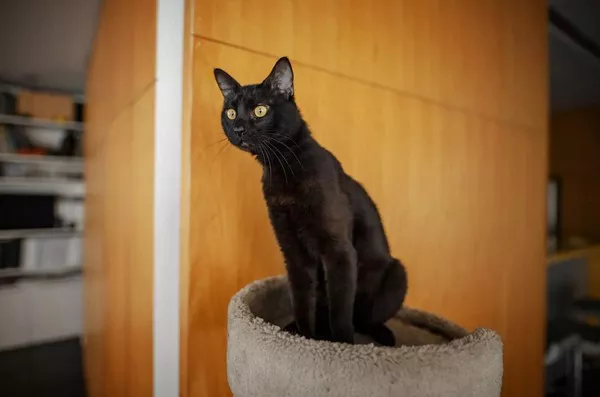Introduction:
The British Shorthair cat, with its robust build and adorable round face, is a beloved breed known for its affectionate nature and striking appearance. Providing proper nutrition is crucial to ensure the overall health and well-being of your British Shorthair. In this article, we will explore the dietary needs of British Shorthair cats, including their nutritional requirements, feeding guidelines, and essential considerations for maintaining a balanced diet.
Understanding Nutritional Needs:
British Shorthair cats have unique nutritional requirements that support their muscular physique and prevent weight-related issues. Consider the following key factors when planning their diet:
High-Quality Protein: Cats, including British Shorthairs, are obligate carnivores, meaning they require a diet rich in animal-based protein. Look for cat food that lists high-quality protein sources such as chicken, turkey, fish, or beef as the primary ingredients.
Balanced Diet: A balanced diet for British Shorthairs should consist of a combination of proteins, fats, carbohydrates, vitamins, and minerals. Opt for cat food formulated specifically for adult cats, ensuring it meets the nutritional guidelines set by reputable organizations such as the Association of American Feed Control Officials (AAFCO).
Controlled Caloric Intake: British Shorthairs have a tendency to gain weight if their caloric intake exceeds their energy needs. To prevent obesity, choose cat food that provides an appropriate balance of nutrients without excessive calories. Be mindful of portion sizes and monitor your cat’s weight regularly.
Feeding Guidelines:
Here are some general guidelines to help you establish a healthy feeding routine for your British Shorthair:
Age-Appropriate Food: Provide specially formulated kitten food for British Shorthair kittens until they reach 12 months of age. Kitten food offers higher levels of energy and nutrients necessary for growth and development. Once they reach adulthood, transition to adult cat food.
Portion Control: Follow the feeding guidelines provided on the cat food packaging. Adjust the portion sizes based on your British Shorthair’s age, weight, activity level, and overall condition. It is essential to prevent overfeeding to maintain a healthy weight.
Meal Frequency: Offer regular, scheduled meals rather than free-feeding. Divide the daily recommended portion into two to three meals throughout the day. This approach helps prevent excessive eating and promotes a healthy digestive system.
Fresh Water: Provide fresh, clean water at all times. British Shorthairs tend to have a fondness for drinking water, and it is crucial to keep them well-hydrated.
Special Considerations:
While British Shorthairs do not have any specific dietary restrictions, there are a few considerations to keep in mind:
Hairball Prevention: British Shorthairs have a dense coat, making them more prone to hairballs. Consider including a specialized hairball control formula in their diet or providing regular grooming sessions to minimize hair ingestion.
Dental Health: Dental care is essential for British Shorthairs. Include dry kibble or specially formulated dental treats in their diet to help maintain oral hygiene and reduce plaque and tartar buildup.
Weight Management: British Shorthairs have a tendency to gain weight, so it is crucial to monitor their body condition regularly. If necessary, consult your veterinarian for guidance on portion control or specialized weight management diets.
Conclusion:
Proper nutrition plays a vital role in maintaining the health and well-being of your British Shorthair cat. Providing a balanced diet that meets their nutritional needs, controlling portion sizes, and considering special considerations such as hairball prevention and dental health are essential for their overall health. Consult with your veterinarian to determine the best diet plan for your British Shorthair and remember to

